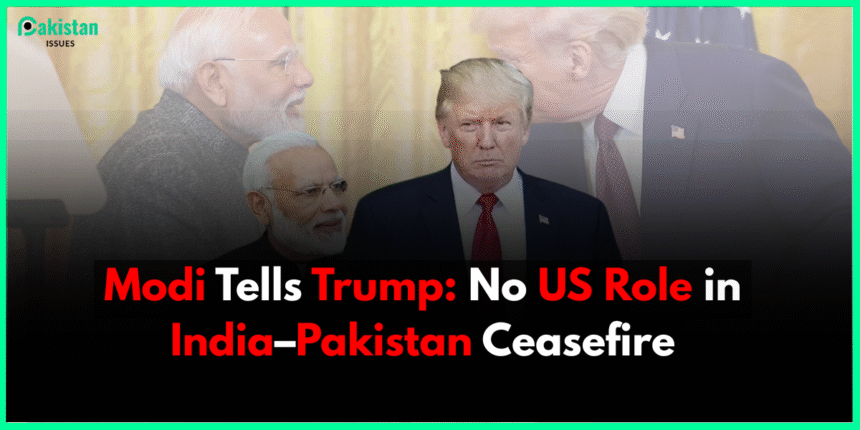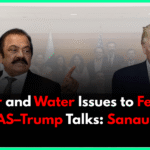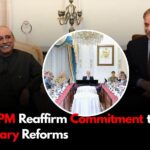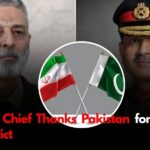At the G7 conference, Prime Minister Narendra Modi told former U.S. President Donald Trump in person that the U.S. had nothing to do with the recent ceasefire agreement between India and Pakistan.
Trump’s comment vs. India’s response
Trump said he told both countries to ease up on the tensions, but Modi quickly set him straight. Modi said on a 35-minute call that the ceasefire was only possible because of direct, two-way military communication. There was no outside interference.
Vikram Misri, India’s Foreign Secretary, said that Modi emphasised India’s long-standing policy of not letting anybody else mediate in problems between India and Pakistan. India says that any solution must come about through direct conversation.
Why India Did That
India has said no to outside mediation before. It comes from years of diplomacy and shows a belief in handling conflicts between two countries on their own. The ceasefire in May was a response to border fights that broke out after the Kashmir incident on April 22 and the military operations that took place between May 7 and 10.
Modi’s message also showed national pride; India sought to take credit for its own peaceful settlement.
Other Things Trump Did
After that explanation, the call got friendlier. Trump said he wanted Modi to come to the U.S., but Modi politely said no since he had other plans. Trump nonetheless backed India’s anti-terror measures, known as Operation Sindoor. Modi echoed kindness by inviting Trump to the Quad summit, which he accepted.
Two Countries, Two Stories
Pakistan has hailed Trump for being a “broker” in the push for peace.However, if there was any indication of India’s expedited response, it remained careful as far as diplomacy was concerned. The implications for how careless South Asia relations can be were highlighted: India desires independence, Pakistan has outside support, and the U.S. wants to show its significance and ability to shape events.
What It All Means
Modi’s message was more than just an explanation. It was a message to the world that India is in charge of its own peace process. That point of view might make policymakers think twice about getting involved in critical regional disputes. India still values forming alliances, but only on its own terms, as seen by its offer of a Quad invitation.
The Last Word
Modi changed the tale about the truce in just a few phrases over the phone. People all throughout the world pay attention to wars and ceasefires. But sometimes, a quiet “no” means more than a loud “yes.” India made it clear that it wants complete credit and control when it comes to making peace with Pakistan.










